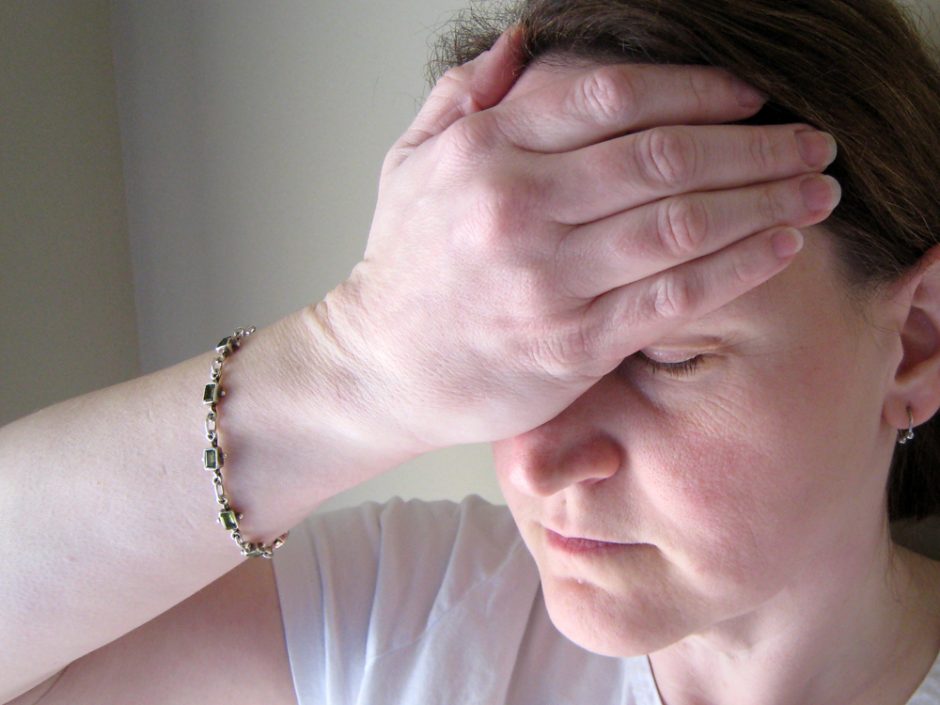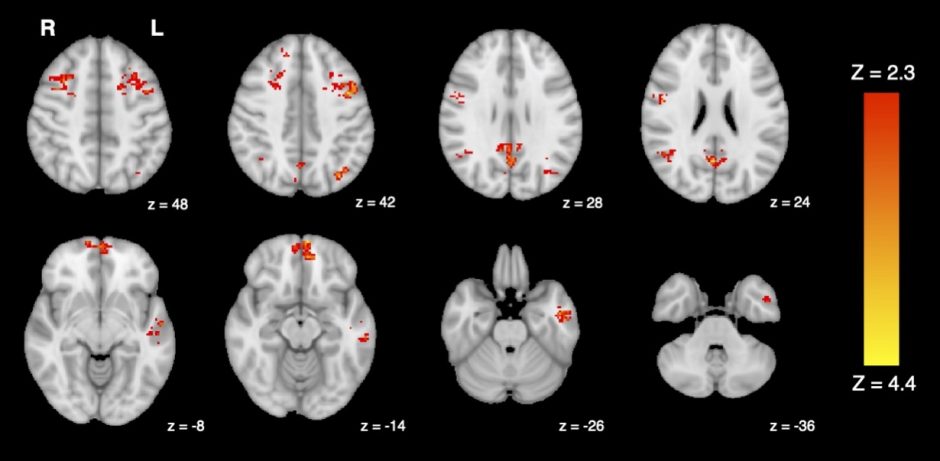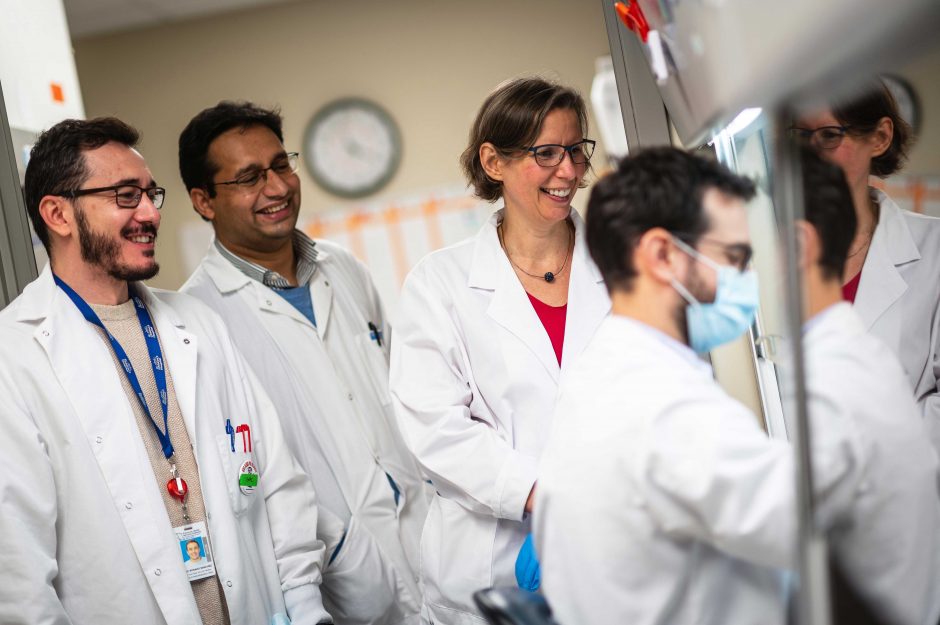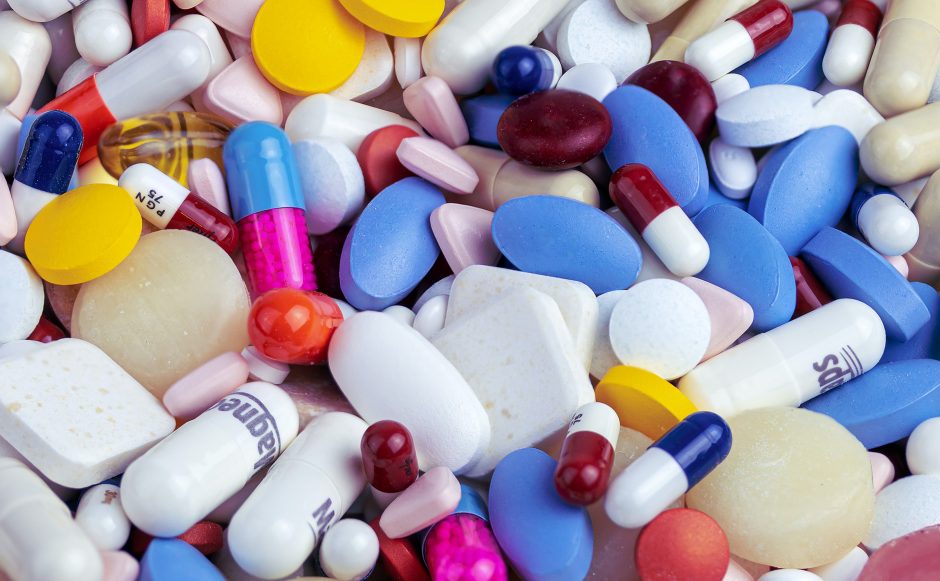Since the 1950’s, UBC has been the site of groundbreaking discoveries in understanding, diagnosing and treating a number of brain disorders and diseases. It is also home to Canada’s largest integrated research and treatment facility – the Djavad Mowafaghian Centre for Brain Health.
Today, more than 500 researchers continue to be at the forefront of brain research, pioneering their work around mental health and addictions, dementia, and movement disorders.
Skip to Stories
Discoveries
- 2017: Controversial treatment for MS found to be ineffective
- 2017: Link between vitamin A and Alzheimer’s disease
- 2017: Scientists create mouse that resists addiction
- 2016: Antibiotic restores brain cell communication damaged by Alzheimer’s
- 2015: Regular exercise can reduce risk of dementia
- 2012: Gene linked to Parkinson’s disease found
Key Research Groups
- BC Centre on Substance Use
- Brain, Behaviour & Development
- Centre for Research on Personhood in Dementia
- Djavad Mowafaghian Centre for Brain Health
- Dynamic Brain Circuits and Connections in Health and Disease cluster
- Edwin S.H. Leong Healthy Aging Program
- Institute of Mental Health
- Pacific Parkinson’s Research Centre
Spotlight

UBC researchers partner on major international study of Alzheimer’s disease in people of Asian ancestry
The international collaboration will expand research and improve health equity in Alzheimer’s care for Asian Canadians and Americans.
Read more >

International group of experts redefines concussions
UBC researchers helped establish a new standard for diagnosing mild traumatic brain injury that will address inequities in injury management and care.
Read more >

Traffic pollution impairs brain function
First-in-the-world study suggests that even brief exposure to air pollution has rapid impacts on the brain.
Read more >

Charting a new course for MS treatment
Research from the UBC Faculty of Medicine could stop the disease in its tracks — and even reverse its devastating effects.
Read more >

$33.8M gift to transform MS research and save more lives, sooner
Gift will establish the MS Research Network, a world-class research and patient-care hub that will develop, manufacture and test next-generation therapies.
Read more >

Preventing overdoses for people leaving correctional centres who use stimulants
Study shows people who use stimulants face an increased risk of overdose following release from correctional centres.
Read more >

Annie Ciernia named a 2021 Brain Canada Future Leader in Canadian Brain Research
She is among 20 neuroscientists in Canada who have been awarded $100,000 each in research funding.
Read more >

UBC professor’s new workbook offers tools for a better sex life
The step-by-step guide to mindfulness can help treat sexual difficulties and improve sexual satisfaction.
Read more >

UBC researchers improving mental-health and addiction treatments with new provincial funding
The funding will support research in areas like child and youth mental health and treatments for opioid-use disorder.
Read more >

Unlocking the mysteries of concussion and the brain
New UBC research could make diagnosis, treatment and prevention more effective for everyone — especially women.
Read more >